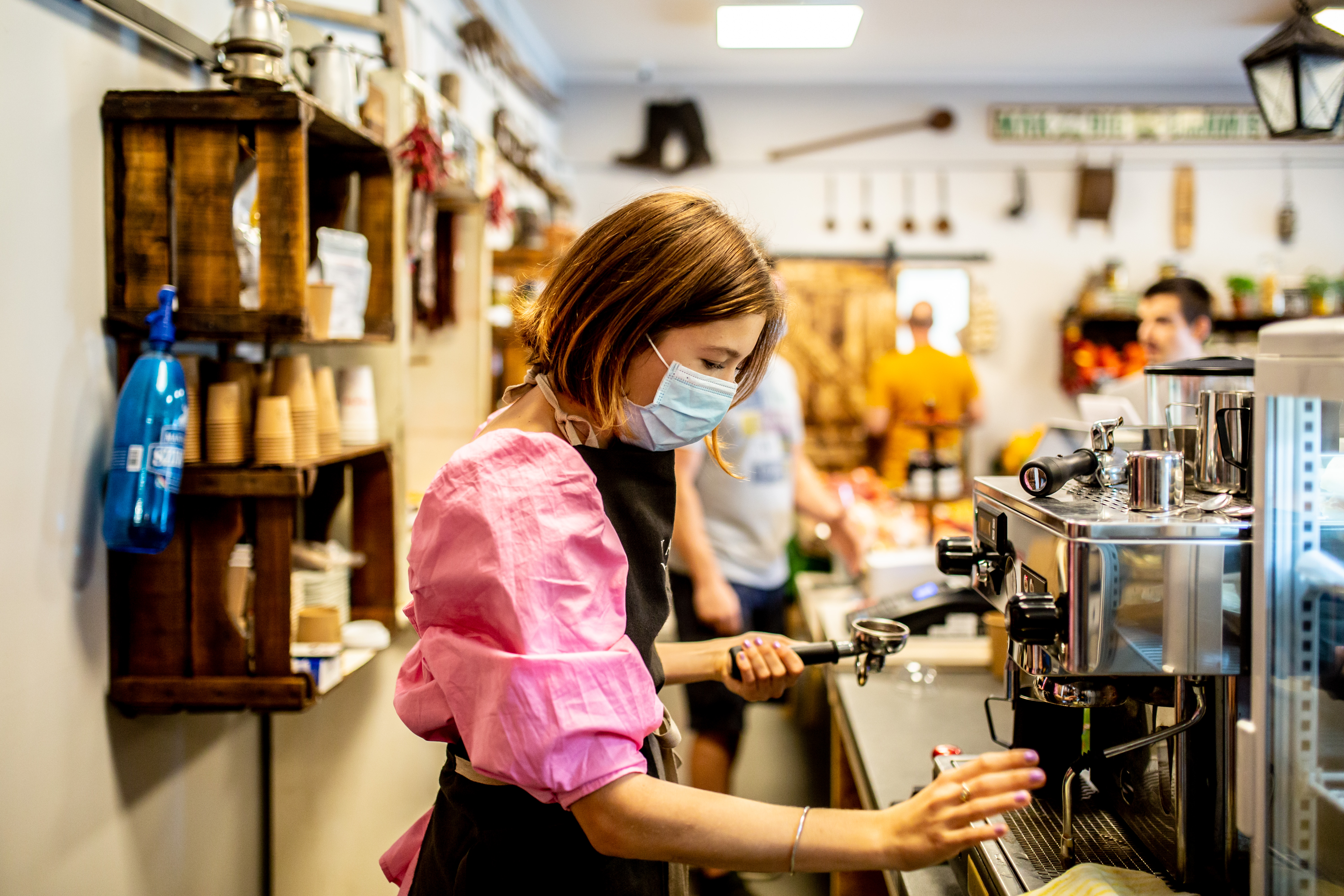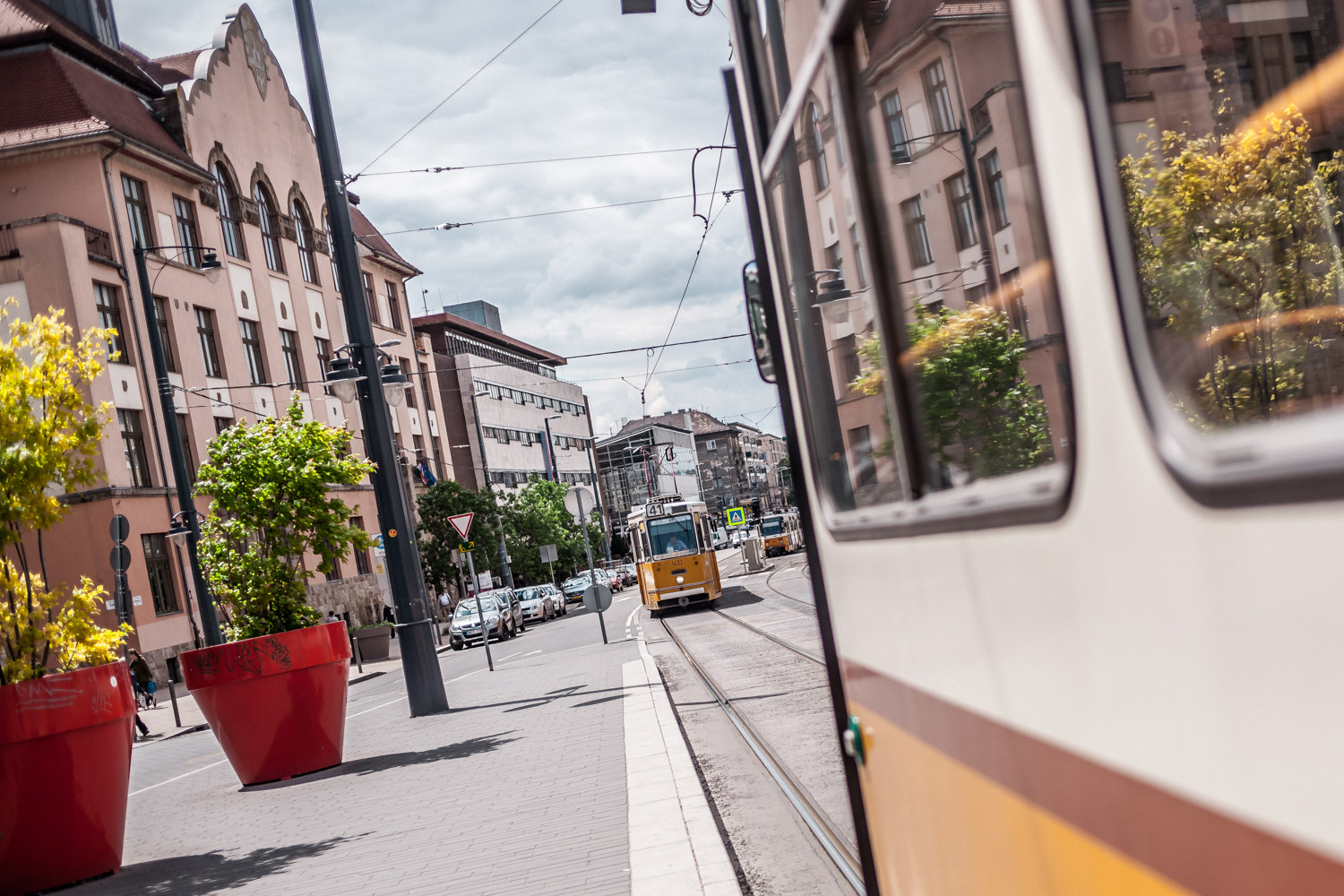A curfew is operating between 8pm and 5am. Exceptions include workers who can only get home later, those walking their dog within 500 metres of their residence, and any health- or life-threatening situation.
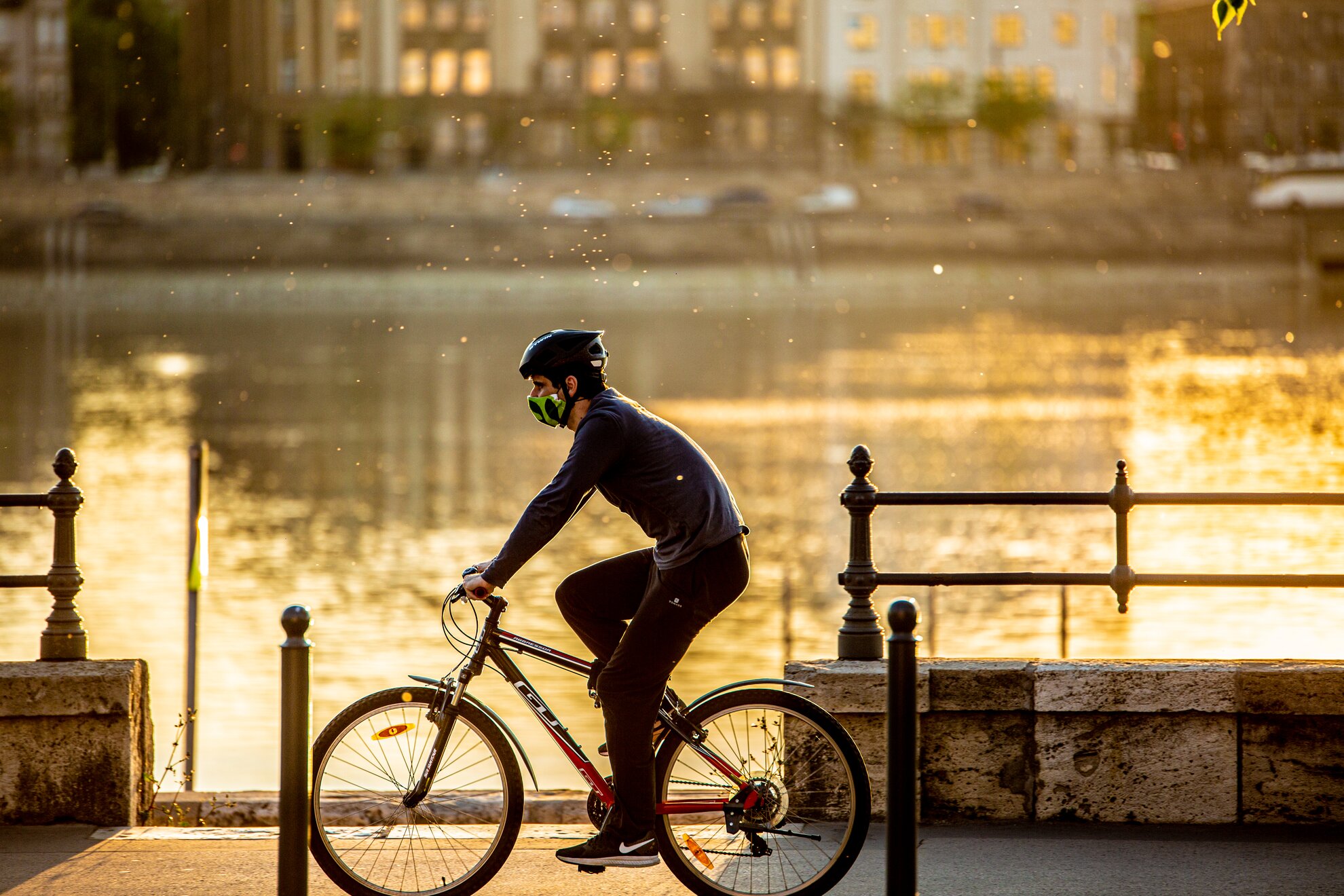
Mask-wearing will be mandatory in some public areas in communities with more than 10,000 inhabitants. The areas concerned will be designated by the mayor. For Budapest, as yet, this does not include being outside on the street, or in parks or green spaces. Masks must be worn in shops and on public transport.
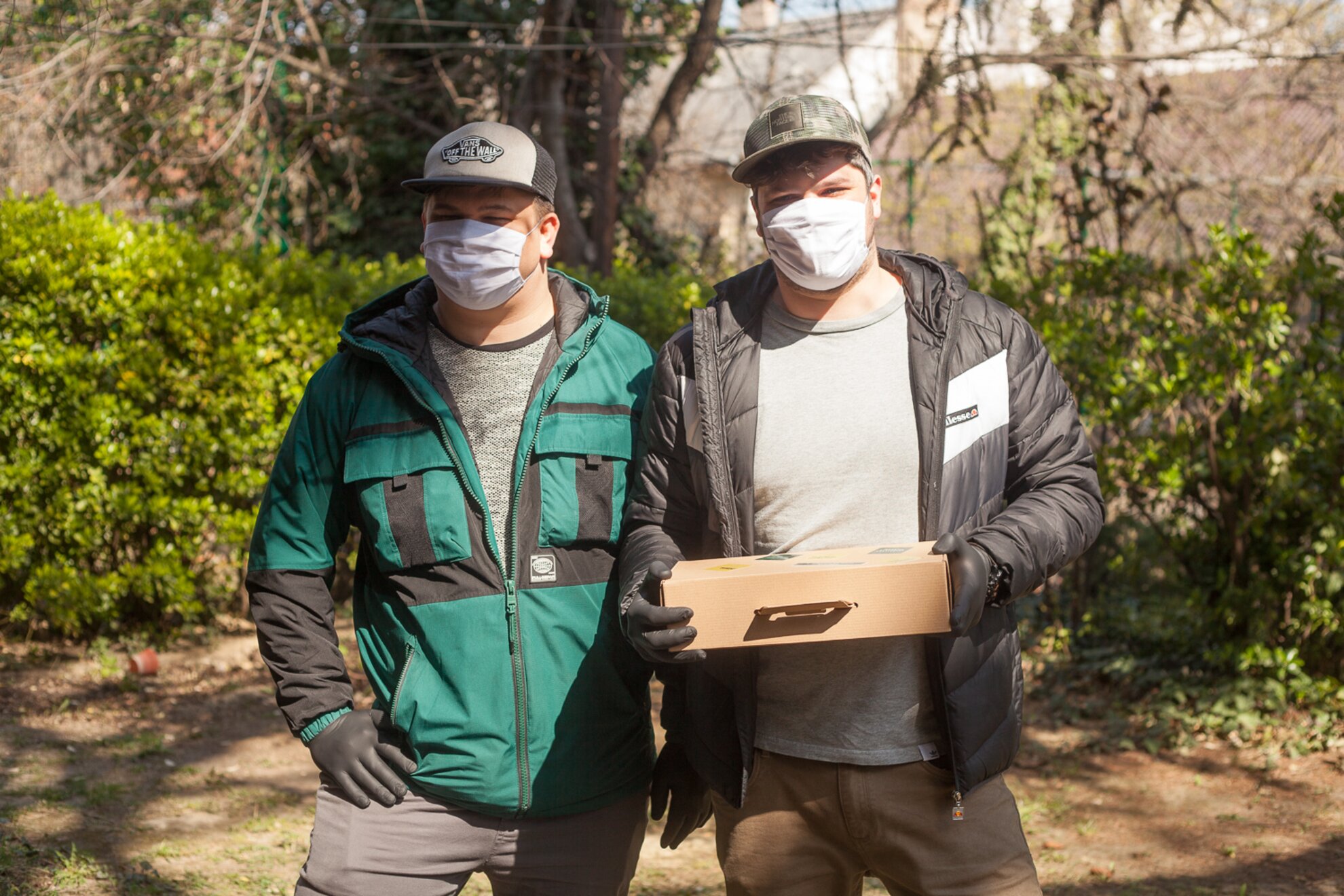
Restaurants can still operate by providing home-delivery services, as worked so successfully last spring. Canteens in schools and factories can still function, as can food and drink outlets in health-care facilities.
With the exception of pharmacies and petrol stations, all shops are to close by 7pm and can only re-open from 5am at the earliest, when the curfew is lifted. Service providers, most notably hairdressers, may run according to curfew cut-off times, ie 8pm.
All gatherings are prohibited, including cultural events and Christmas fairs. The government leaves observance of religious ceremonies up to the discretion of their communities.
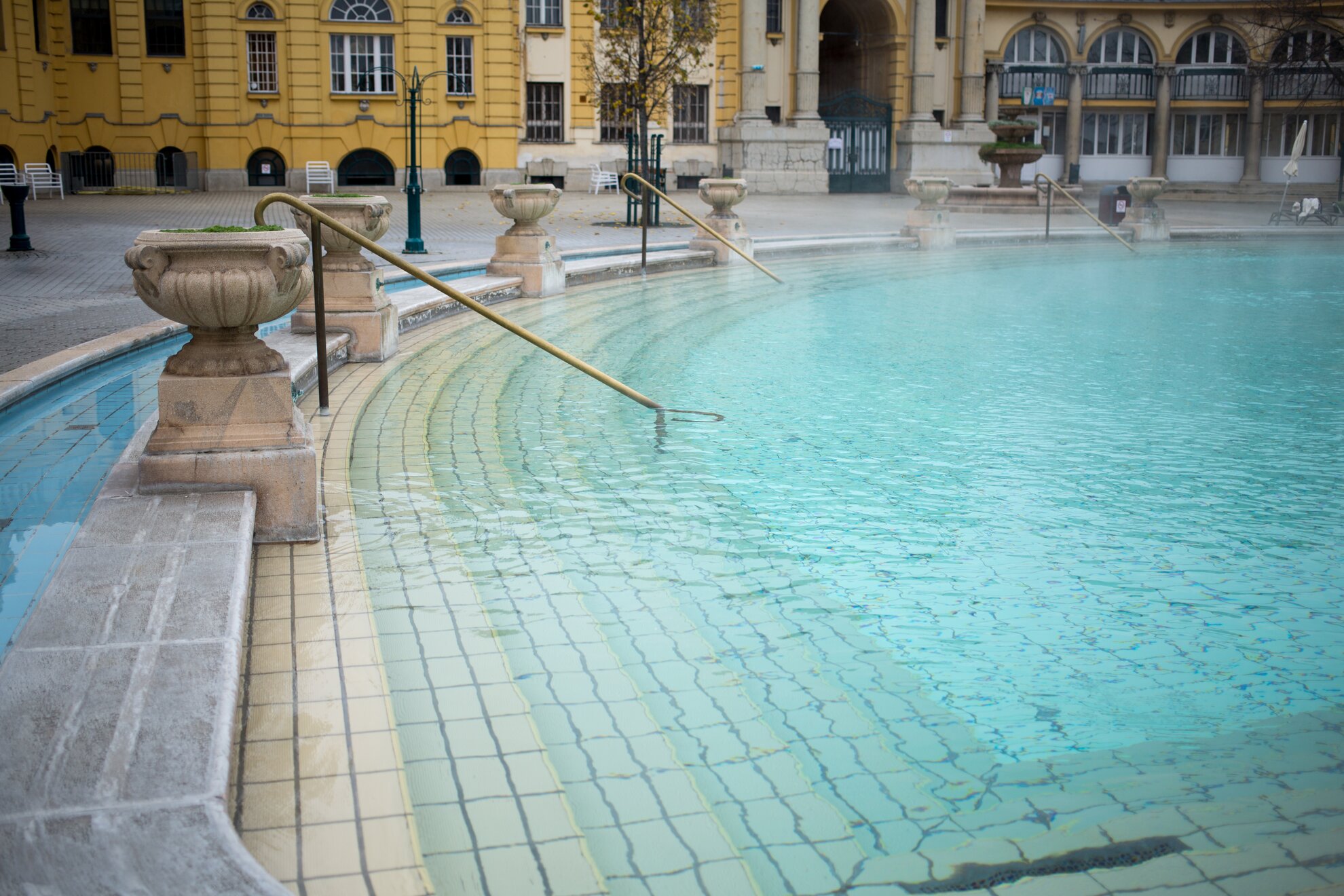
Leisure facilities will be closed, including gyms, pools, spas, museums, libraries, children’s playhouses, zoos and adventure parks, cinemas and skating rinks. Professional athletes, on the other hand, can use sports facilities.
Hotels may only accommodate guests arriving for business, economic or educational purposes.
Sports matches must be held behind closed doors. Practising individual outdoor sports is permitted, but amateur team sports, football, basketball, football and volleyball, for example, are prohibited.
Nurseries, kindergartens and primary schools up to the 8th grade, ie 14 years old, will still be operating, while those 9th grade and above, including universities and colleges, move to online tuition. Foreign students may be granted home-quarantine in college dormitories, according to the director of each individual place of education.
Private and family events (such as birthdays) can be held for up to ten people, funerals for up to 50. Weddings may be held without a wedding party, with only a certain number of people in attendance.
Workers in hospitals, schools, kindergartens, nurseries and in social institutions must be tested on a weekly basis.
